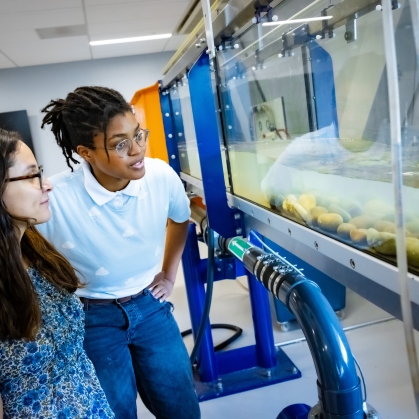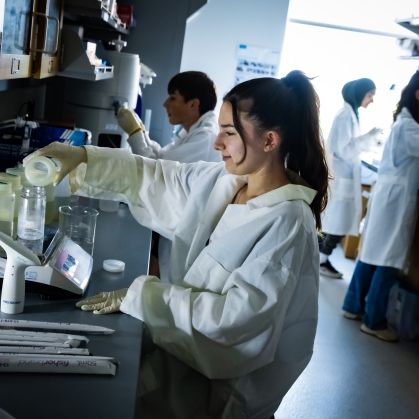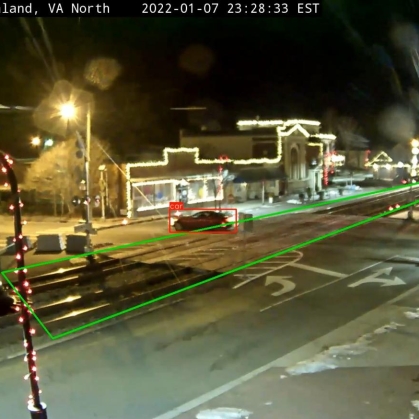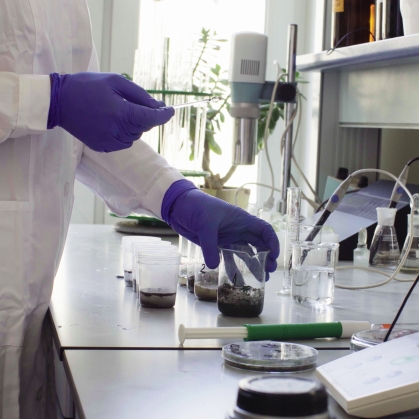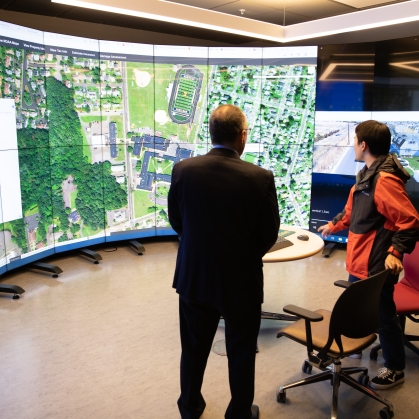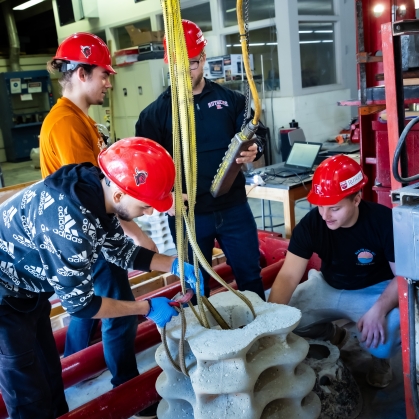Urban and Coastal Water Systems Laboratory
Features include fluid mechanics and hydro-environmental informatics to addressing water resources engineering challenges. The lab is equipped with a hydraulic wave and sediment flume, hydrology apparatus, volumetric hydraulic benches, stormwater green infrastructure testing platform, as well as environmental modeling and informatics facilities with access to the leading-edge computational clusters, a real-time environment monitoring center, and a sensor fabrication space with testing equipment.
